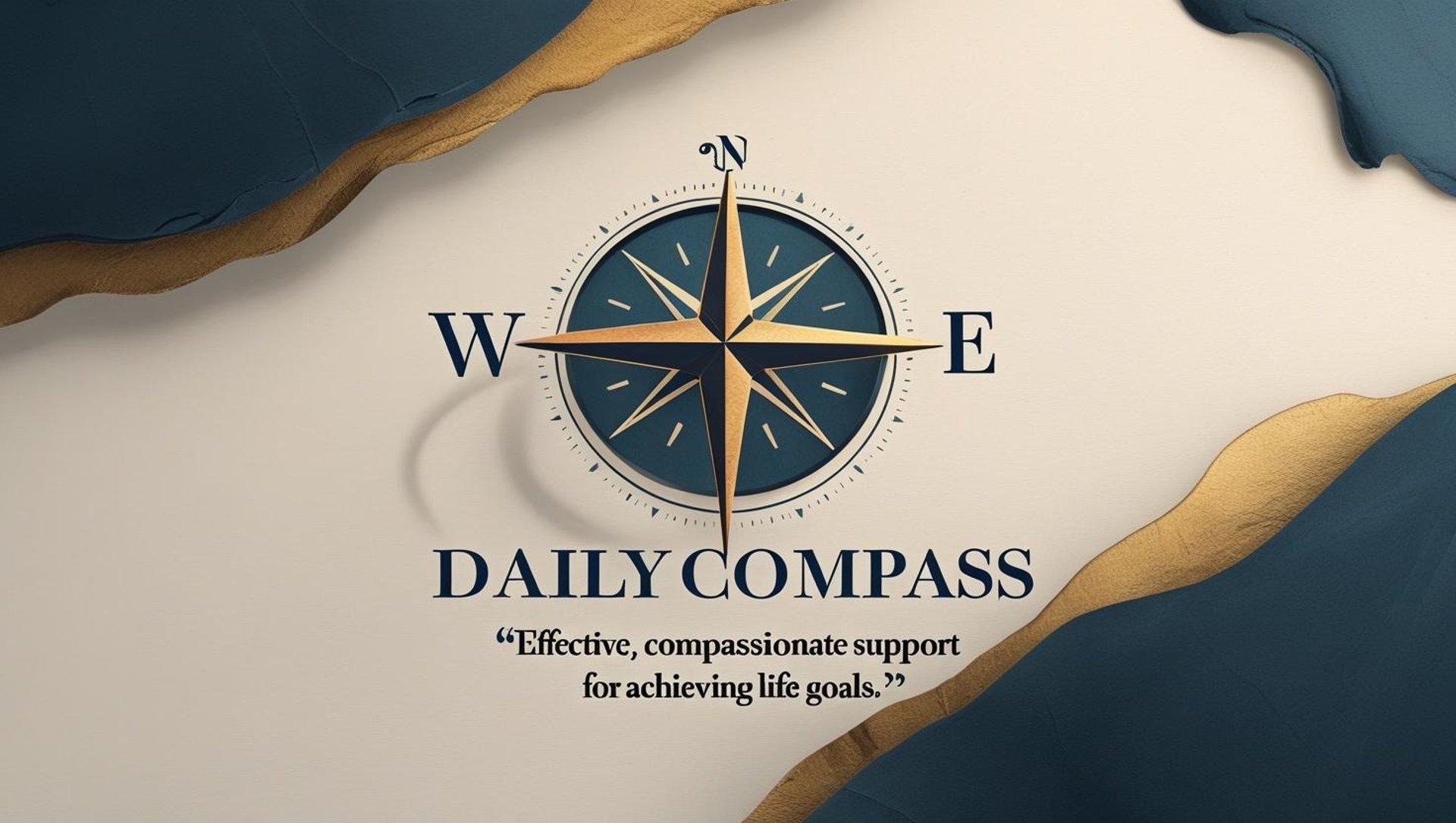
Guiding Principles and Core Elements of Compassionate Accountability
“Sustainable transformation begins at the intersection of self-compassion and personal responsibility.” Sabrina Shane
Compassion First, Always
I meet clients with empathy, curiosity, and zero judgment. We start with self-understanding before setting goals, because change is safest and most powerful when people feel seen.
Accountability as Empowerment
Accountability is not punishment. It’s a tool of self-respect. I help clients build systems that reflect their values, not just their tasks, and use follow-through as a way to restore trust with themselves.
Progress Over Perfection
We trade “all-or-nothing” thinking for “always becoming.” Mistakes are reframed as data. Slips become insight. My clients learn to move forward without shaming themselves into action.
Stress-Informed and Neurodiversity-Affirming
"Stress-informed" generally refers to practices and approaches that acknowledge the impact of stress on individuals and systems, and aim to create supportive environments that mitigate negative effects and promote well-being. My coaching integrates an awareness of nervous system regulation, ADHD, and chronic stress. We build plans that work with your brain and body, not against them.
Practical Tools, Personalized Strategy
I offer real-world tools for planning, reflection, habit-building, and time/energy management. But every client’s system is custom-built to fit their life—not the other way around.
Core Elements of Compassionate Accountability:
Empathy without enabling
– Acknowledge pain, struggle, or dysregulation without lowering the bar on what matters.
Responsibility without rigidity
– Honor commitments and growth while allowing flexibility for real life.
Honesty without harm
– Tell the truth with care; give feedback that supports growth, not shame.
Consistency without coercion
– Provide structure, reminders, and support without using control, guilt, or fear.
Why It Matters:
In coaching, compassionate accountability creates a safe container for real transformation. People are more likely to change—not when they’re pressured—but when they feel safe, seen, and supported in their efforts. This is also true for parenting, work relationships,
leadership, and other relationships as well
I

Guiding Principles and Core Elements of Compassionate Accountability
“Sustainable transformation begins at the intersection of self-compassion and personal responsibility.” Sabrina Shane
Compassion First, Always
I meet clients with empathy, curiosity, and zero judgment. We start with self-understanding before setting goals, because change is safest and most powerful when people feel seen.
Accountability as Empowerment
Accountability is not punishment. It’s a tool of self-respect. I help clients build systems that reflect their values, not just their tasks, and use follow-through as a way to restore trust with themselves.
Progress Over Perfection
We trade “all-or-nothing” thinking for “always becoming.” Mistakes are reframed as data. Slips become insight. My clients learn to move forward without shaming themselves into action.
Stress-Informed and Neurodiversity-Affirming
"Stress-informed" generally refers to practices and approaches that acknowledge the impact of stress on individuals and systems, and aim to create supportive environments that mitigate negative effects and promote well-being. My coaching integrates an awareness of nervous system regulation, ADHD, and chronic stress. We build plans that work with your brain and body, not against them.
Practical Tools, Personalized Strategy
I offer real-world tools for planning, reflection, habit-building, and time/energy management. But every client’s system is custom-built to fit their life—not the other way around.
Core Elements of Compassionate Accountability:
Empathy without enabling
– Acknowledge pain, struggle, or dysregulation without lowering the bar on what matters.
Responsibility without rigidity
– Honor commitments and growth while allowing flexibility for real life.
Honesty without harm
– Tell the truth with care; give feedback that supports growth, not shame.
Consistency without coercion
– Provide structure, reminders, and support without using control, guilt, or fear.
Why It Matters:
In coaching, compassionate accountability creates a safe container for real transformation. People are more likely to change—not when they’re pressured—but when they feel safe, seen, and supported in their efforts. This is also true for parenting, work relationships,
leadership, and other relationships as well
I

For our current clients that have already purchased a coaching package, please book your next 30 minute coaching session below.
Looking forward to our next call!
- Please remember to check how many sessions remain in your coaching package.
- Please remember cancellation/rescheduling policy: if you have to cancel or reschedule, email me at Info@dailycompasscoaching.com 48 hours prior to apppointment time. Thanks!
(510) 545-2744
info@dailycompasscoaching.com
